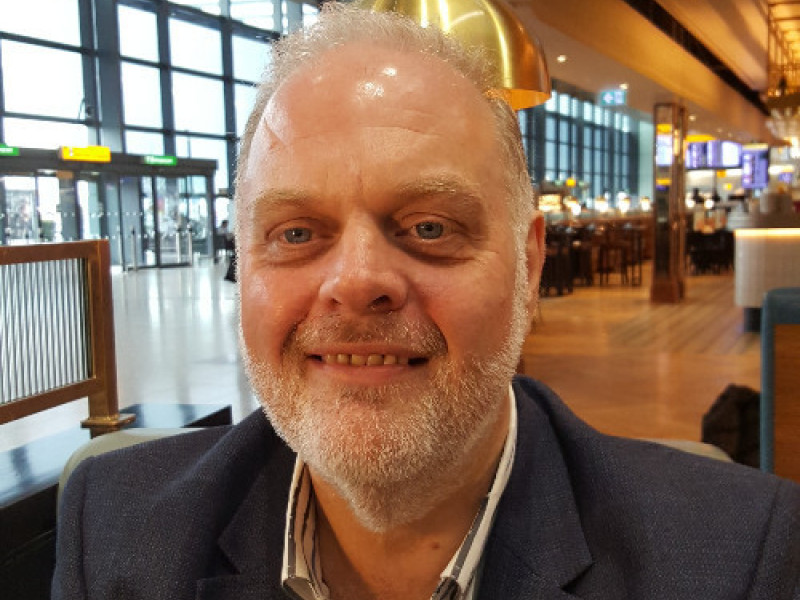Keith Scott, former Chairman of IIRSM and Global Head of Health, Safety and Security at Kantar, explains how professional competency must support informed decision making
What do you currently do?
I manage health, safety and security for Kantar’s 250 locations in 70-plus countries. As a market research company, it is a nice culture – not high risk – and there is lots of opportunity for me to help them improve.
At group level, I have the benefit of working with the leadership team and other functions to focus on proportionate risk management. This role provides opportunities to support the business at all levels. This may involve reviewing the group safety management system to attending site dealing with higher level technical issues or incidents and supporting local management teams to ensure their safety and security.
How did you first get involved with IIRSM?
When I started working in safety, I saw the value in both IOSH and IIRSM and was getting my information from publications and networking. This was before the days of social media and online events. I met Geoff Lloyd, who was Head of Safety for the Metropolitan Police, and I was working at the Ministry of Justice so we had similar backgrounds. He invited me to join Council in 2007 and I became Chairman in 2009.
What are your highlights from that time?
It was a critical period for IIRSM as it was getting used to standing on its own two feet, having separated from the BSC, but there were still a lot of uncertainties. We had a very small team of six and we were just starting to get on a secure footing and started to look at setting up branches. The first IIRSM branch was set up around 2010 in the UAE and is still successful today.
I remember thinking, we are called the International Institute of Risk and Safety Management but we didn’t do any ‘risk’, just safety! It was a pivotal moment for me when we moved towards a wider risk management focus. We started inviting senior risk management professionals to join us as specialist members. I am still on the Fellowship panel and it warms my heart to see such diversity in the various specialisms that people have.
Another area of focus was spreading our knowledge internationally. Shortly after the UAE branch was set up, we took our first exhibition stand at an event in Egypt in a bit of a move to put ourselves out internationally. While I was working at Almarai in Saudi Arabia as Group Head of Health, Safety and Security I aimed to put IIRSM on an international stage by becoming Chair of the Scientific Committee on Accident Prevention for the International Commission on Occupational Health, the oldest scientific association in the field.
Another important achievement was ensuring through discussions with the HSE during the setting up of OSHCR the consultants register, that IIRSM Fellows were recognised as being equal to Chartered Members of IOSH for professional recognition purposes.
Are any milestones for you in how risk management has developed?
One thing of note is that for me the Grenfell tragedy is a significant example of the risk management umbrella failing. It encompasses many elements – hazard topics, standards, compliance, who takes oversight… It is an example of the wider connotations of risk management, in terms of governance, management and change control. It is vital for risk professionals to consider both the safety of individuals and the organisational safety of their businesses. After all, physical hazards harm people while organisational hazards harm the company.
And what about the future…?
One of the biggest things we need to look at is competency, even with artificial intelligence (AI). AI must be seen as a powerful tool, but we still need the professional competency to support informed decision making. Getting that balance right will be a big challenge for the profession and companies in the months and years to come.
Those more experienced in the profession have the responsibility to ensure that we are help steer those new to the profession in the right direction regarding technical and continuing professional development. As society and the workplace changes, we need to learn and change at the same pace, to be relevant in the workplace. I lead by example and I am still learning new skills, taking courses and supporting my team colleagues to do the same.
Thank you for enquiry
A member of staff will be in touch soon. Regards, IIRSM



